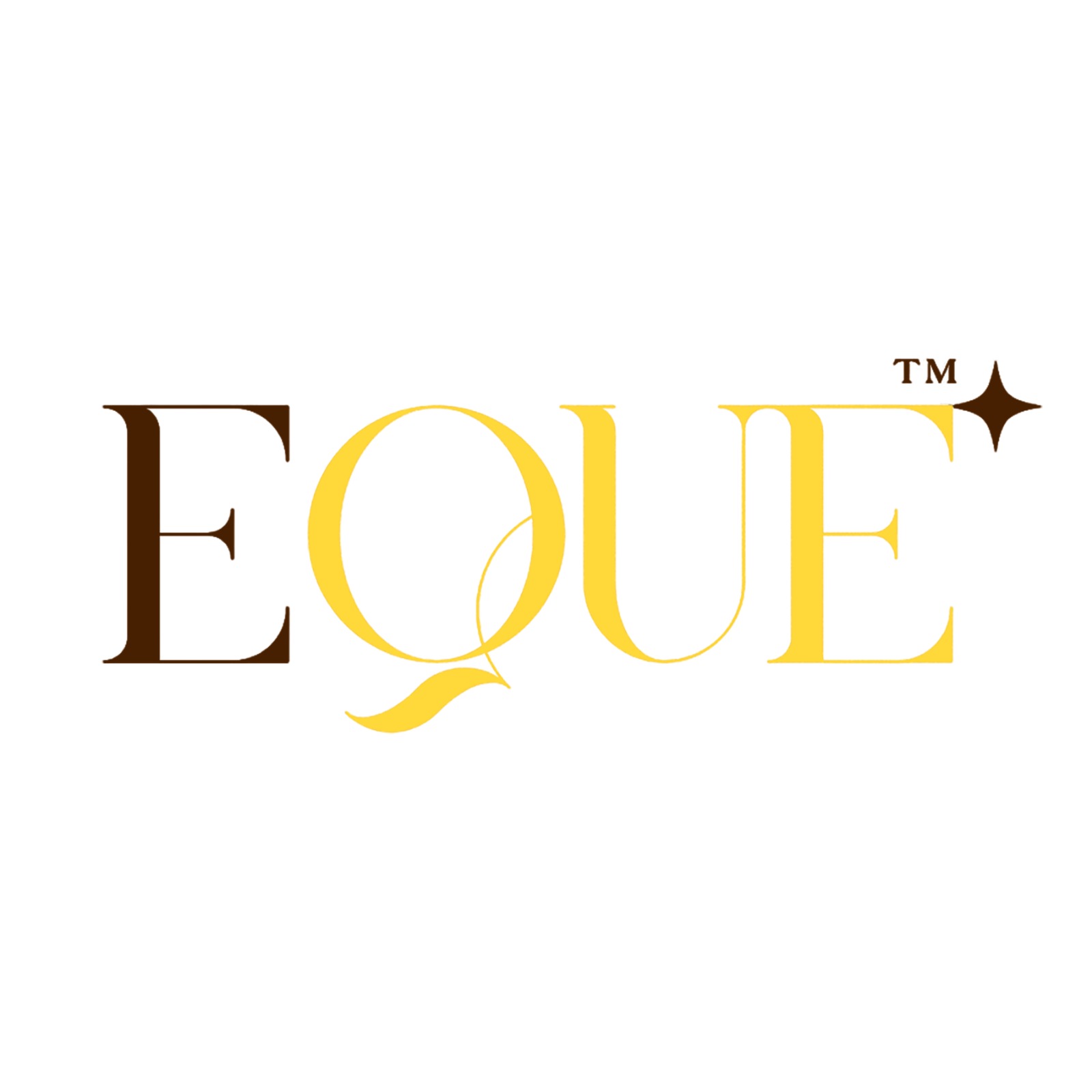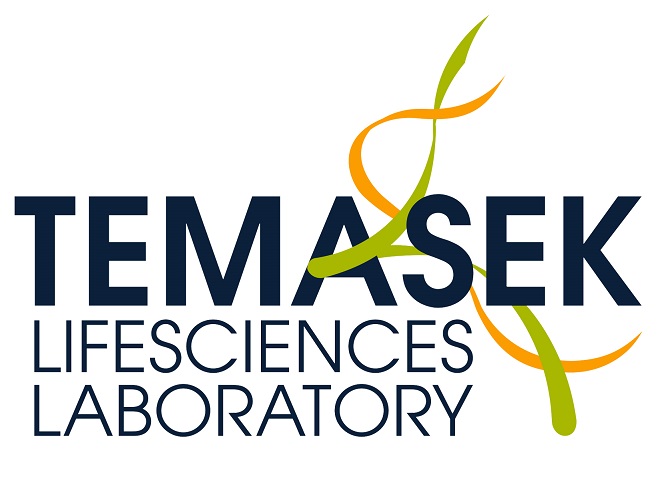The Consortium for Clinical Research and Innovation, Singapore (CRIS) brings together six national R&D, clinical translation and service programmes to advance clinical research and innovation for Singapore, and establish important capabilities for a future-ready healthcare system.
The Business Entities under CRIS include:
· Singapore Clinical Research Institute (SCRI)
· National Health Innovation Centre (NHIC)
· Advanced Cell Therapy and Research Institute, Singapore (ACTRIS)
· Precision Health Research, Singapore (PRECISE)
· Singapore Translational Cancer Consortium (STCC)
· Cardiovascular Disease National Collaborative Enterprise (CADENCE)
Together, CRIS makes a positive difference to Singapore patients and researchers by ensuring that these clinical research platforms and programmes are at the cutting edge of capability development and innovation. If you are as passionate as we are in clinical trials and research, we want you!
ACTRIS
The Advanced Cell Therapy and Research Institute, Singapore (ACTRIS) was established to meet the increasing clinical demand of using cellular therapeutics to treat various life-threatening diseases. ACTRIS’ vision is to be the national and regional Centre of Excellence for discovery, process development and manufacturing of cellular-based therapeutics across the broad spectrum of immunotherapy and regenerative medicine, encompassing both investigational and approval products for the local market. We also provide value-added services such as workforce training, regulatory facilitation and ancillary material standardization, pertaining to delivery of cellular therapy to patients.
What you will be working on
- Support production of cell-based therapy products in a GMP facility, which includes processing, product storage, shipments, sampling etc
- Demonstrate understanding and compliance in Standard Operating Systems, Good Manufacturing Practice (GMP) & Good Documentation Practice (GDP).
- Execute processes for cell-based therapy products manufacture while strictly adhering to GMP, environmental health and safety guidelines and any other related regulations which could apply
- For aseptic operations, to strictly follow aseptic techniques and practices as per relevant SOPs (e.g. cell culture, cryopreservation in bags).
- Perform QC sampling and in-process testing of the product at various stages throughout manufacturing (e.g. bioburden sampling, cell counting).
- Timely completion of relevant batch record and logbooks for the tasks performed and with adherence to GDP (Good Documentation Practice).
2. Perform routine and repetitious work within defined parameters.
3. Ensure safety, security, and the environment in all aspect of the daily activities and any potential safety hazardous are addressed and corrected immediately
- Follow safety and quality compliance at all times and communicate in a timely manner to the superior if any anomalies are observed.
4. Ensuring the equipment is well-maintained and in proper working conditions at all times, and that there is enough capacity to meet the production demand.
- Perform simple calibration and maintenance for all equipment
- Perform equipment qualification and validation, where required.
5. In-charge and responsible for assigned workstation or area of manufacturing.
- Carry out regular cleaning and upkeep of the equipment and classified rooms, as per relevant SOPs.
- Perform stock check and top up of reagents and consumables.
- If required, perform microbial sampling and swabbing of room and equipment.
6. Perform regular environmental monitoring and sanitization for the facility, in compliance to GMP standards.
7. Participate in the development of new manufacturing and quality control processes.
- Identify processing gaps and assist with implementation of new / revised processes.
- Participate in departmental projects and quality working teams.
- Support process validation activities under the supervision of Manufacturing Lead (IQ, OQ, PQ, PV)
8. Support out-of-specifications manufacturing investigations, change control and root cause investigations for non-conformance.
- Identify and report production problems and deviations.
- Able to draft incident reports, and to troubleshoot and conduct investigations.
- Lead or assist with root cause analysis for complex issues and implementation of corrective or preventive actions.
9. Responsible for production documentation of the equipment and batch records.
- Handling compliance records such as deviation reports and change controls.
10. May act as delegate to Manufacturing Lead and/or Supervisor and may conduct departmental activities in their absence.
11. To perform any other duties as and when assigned by the Manager.
What we are looking for
A. EDUCATION, TRAINING
Minimally Diploma in Life Engineering (Chemical/Biomedical), Biotechnology, Life Sciences or equivalent. Fresh graduates are welcome to apply.
B. EXPERIENCE
Preferably 3 to 5 years of relevant experiences in biopharmaceutical and/or medical device manufacturing industry and prior technical knowledge in batch biopharmaceutical processing will be an advantage.
C. ATTRIBUTES
- Able to work in a clean room environment, which may be physically demanding e.g. donning of full PPE for long period.
- Proficient in cell culture work, with sterile or aseptic processing knowledge and experience. (e.g. cell seeding, passaging, harvesting, and cryopreservation)
- Good understanding of safe working practices and GMP.
- Require high degree of attention to detail and must be meticulous to maintain accurate records of GMP activities.
- Able to work as a team, and to collaborate cross-functionally with other departments.
- Able to work rotating shifts, as required.
- Demonstrate ability to report and escalate issues, troubleshoot and apply appropriate corrective actions effectively.
- Highly motivated, proactive and enthusiastic team player with demonstrated history of adaptability.
- Able to work independently and to utilize resources efficiently.
- Excellent organizational, interpersonal, verbal and written communication skills.
The successful candidate will be required to wear two stages of Personal Protective Equipment (PPE) in the cleanroom facility for safety and cleanliness purposes. The first stage of PPE donning involves changing out of street clothes (exposed to non-cleanroom environment) and into scrubs with hairnet and shoe covers. The second stage of PPE donning only occurs adjacent to the manufacturing clean suite where the full PPE provided are gloves, gowns, head covers, masks and goggles.
What you need to know
Successful candidate will be offered a 3-year contract, renewable. We regret that only shortlisted candidates will be contacted. For more information about CRIS and the Business Entities, visit our websites below:
























